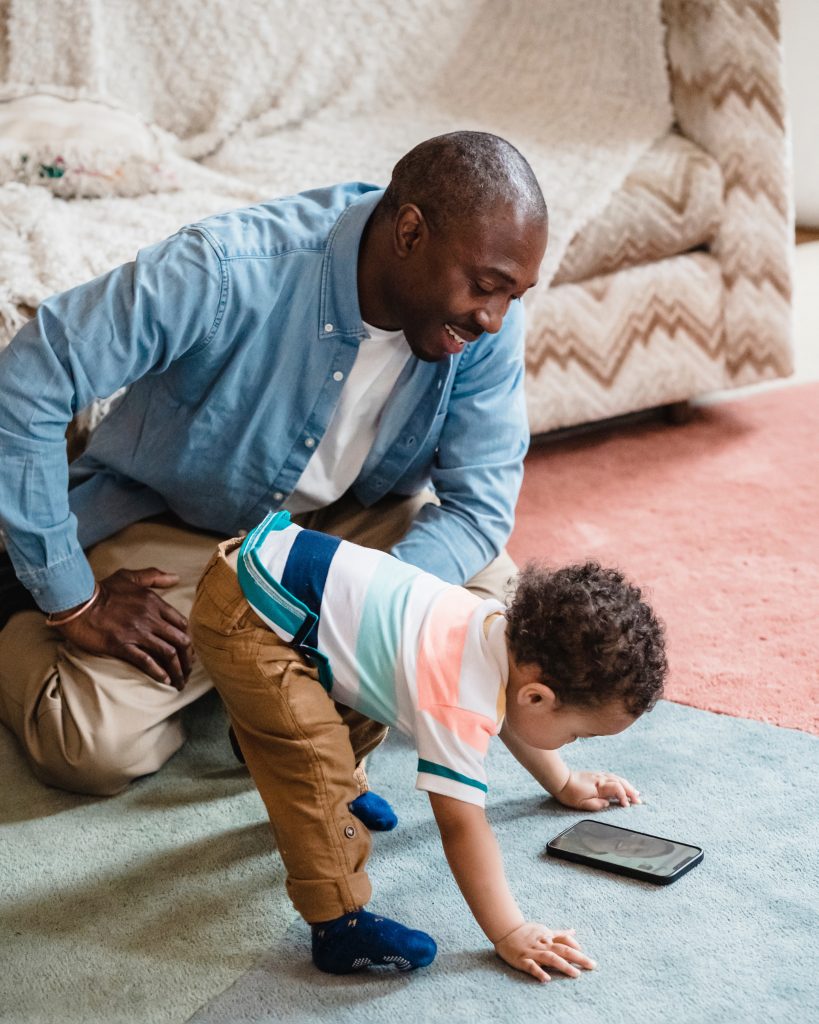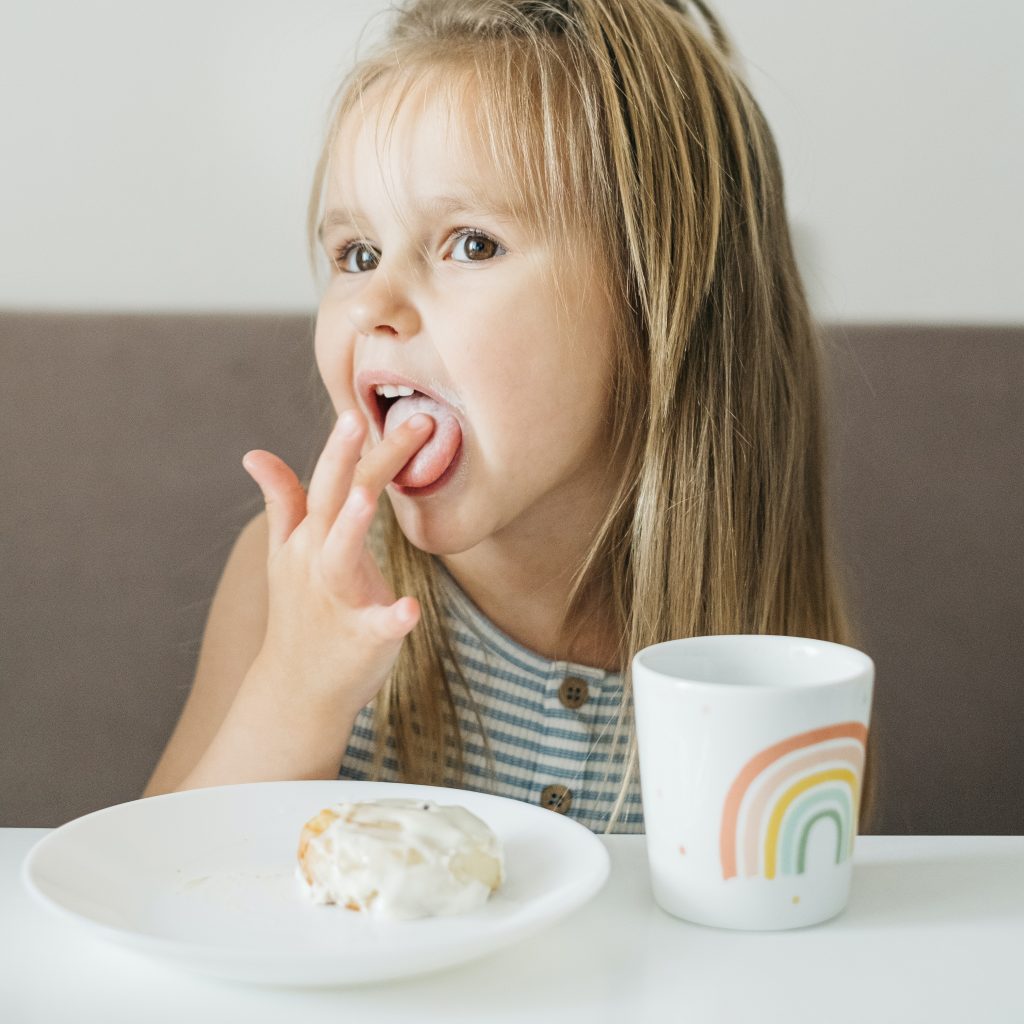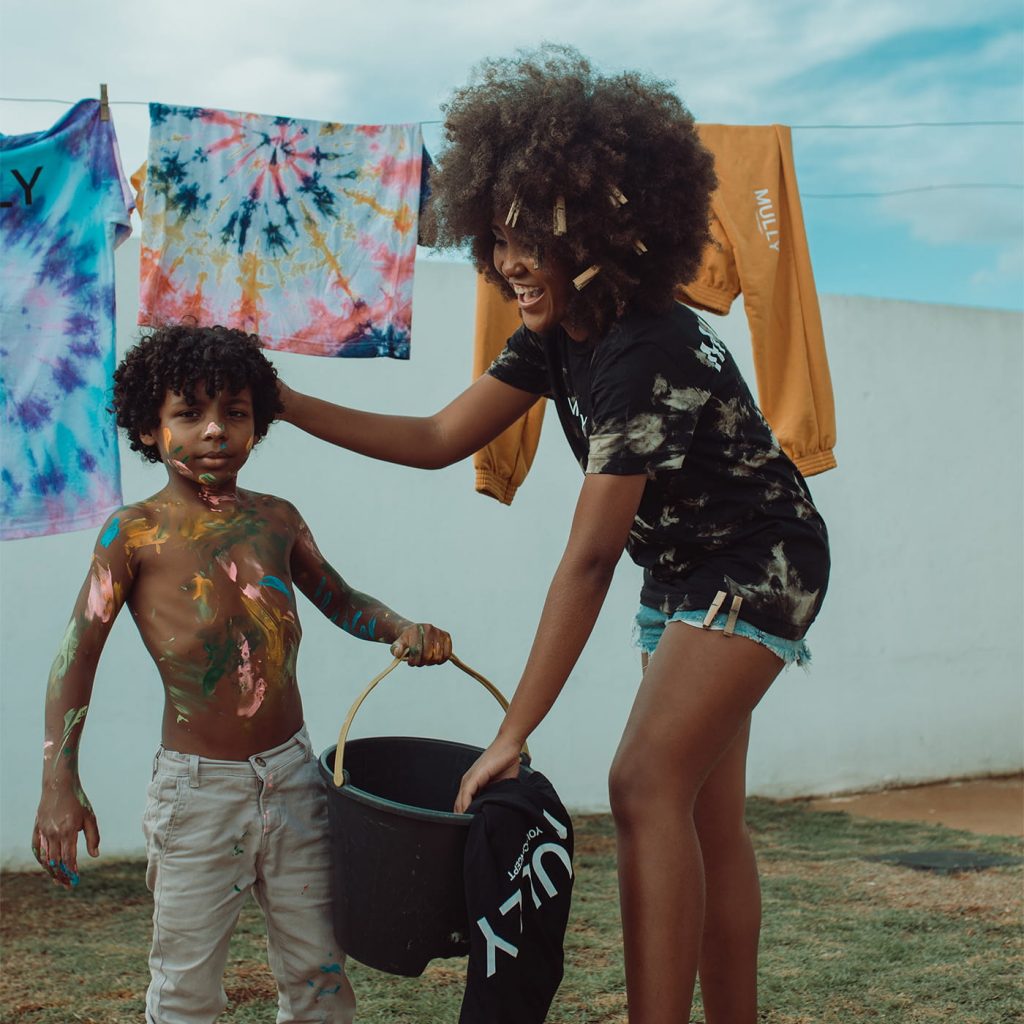Eco friendly parenting
The beginnings always seem difficult.

Parenting is one of those life-changing decisions.
Sometimes it turns everything upside down, and sometimes it fits like a missing piece of a puzzle. Our perspective shifts from caring for ourselves to another, little human being and our common future. And here comes the dilemma. Can parenthood and less waste be reconciled? Does eco-parenting have a good start at all? Having children who will use many environmental resources throughout their lives, is it possible to be less waste? Of course it is, because children are not only a carbon footprint.
What does a small child need most?
When we are flooded with endless amounts of information, lists where everything seems necessary and the marketing of beautiful products for children, you need to remember that little people have only a few basic needs. One of the most important is love, closeness and security. Now that we’ve established this fundamental point, we can look further. On the subject of motherhood, we really liked this text, so we leave it for you to read here.
What can you do to get an eco-parent order?
Your child needs to eat.
Of secondary importance is the question of whether it will be breastfed or formula-fed. We support all mothers in their choices, because they know best what they and their babies need. Breast milk is in many ways the best food for your baby and for the planet. And if you want to choose modified milk and reduce the negative impact on the climate, you can choose the vegan version available on the market. If possible, use a glass feeding bottle to reduce the amount of microplastic your baby ingests.[1]

Your child needs to sleep.
A cot, an extra bed, a hammock, a cocoon, a wrap, a carrier or a stroller. You can get lost, but such a huge choice is the result of the fact that every child is different and, just like an adult, may have their own sleeping preferences. It’s hard to answer the question of which options to choose, but here it’s worth thinking about second-hand products.
Your child needs to get dressed.
Let’s start with diapers. It’s no wonder that disposable products have gained so much popularity. A parent with sleep deprivation and having very limited time at their disposal reaches for products thanks to which they can gain at least a moment of rest, and it is completely understandable. However, the flagship product of ecological parents are reusable diapers, which, admittedly, require cleaning, but also do not generate as much plastic waste. Plus, natural materials are better for your baby’s skin. Disposable waste accounts for almost 3% of urban waste in Europe.[2]
And although waste is one problem, there is also the issue of composition, which has little to do with ecology. Another alternative to reusable diapers can also be disposable, but biodegradable ones. This is a compromise that facilitates conscious parenting, and at the same time does not burden our environment so much.

Important advice – balance.
Clothes for babies are the next task on the list of young parents, and probably want to have enough stuff just in case, but our advice comes down to one word – moderation. Children of this age grow out of their clothes at a fast pace. And again, circular circulation and the use of what has already been produced come to the rescue of the planet. Second-hand clothes also have another advantage. They have probably already been washed several times before they got into your hands, thanks to which various impurities and toxins in new clothes will not be a problem.
What about all other baby stuff?
There are many beautiful and very useful things that certainly make the beginning of life with a toddler easier. And when you live in constant fatigue, they can be invaluable. Parenting in accordance with the idea of less waste is possible. Perhaps not today or tomorrow, but with time, step by step, you will tame it too.
